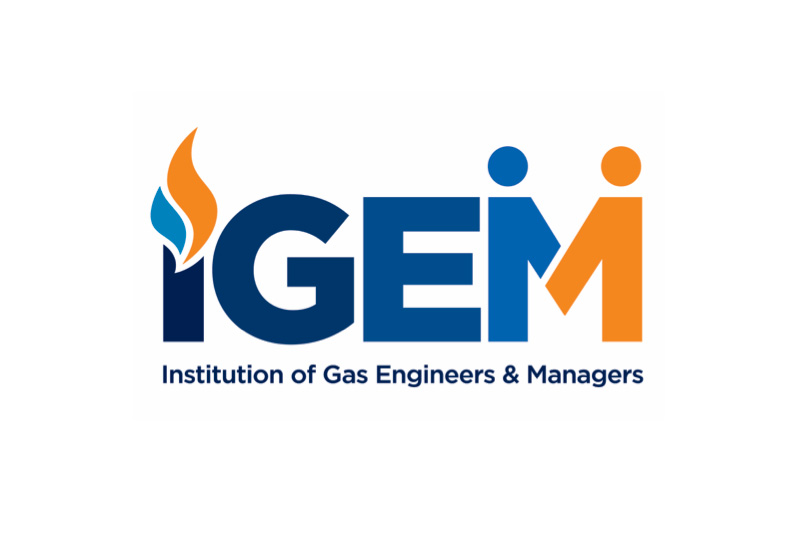
IGEM has responded to the Committee on Climate Change’s (CCC) latest report into the role of hydrogen, saying the gas is sure to play a “key role” in a low carbon economy.
The report, entitled Hydrogen in a Low-Carbon Economy, contains the key finding that hydrogen will play a substantial role in the long term progression to a decarbonised power, heat and transport system.
However, the CCC reportedly envisages much more energy efficient homes with heat pumps that use electricity to draw heat from the ground or air, running alongside gas boilers.
Ian McCluskey, Head of Technical Services at the Institution of Gas Engineers & Managers (IGEM), said: “Research has shown that 90% of consumers can’t or won’t be prepared to pay for alternative low-carbon heating systems. And while air source heat pumps are expected to become cheaper in the future, they currently cost £6,000-£7,000.
“Britain has one of the most advanced and efficient gas infrastructure networks in the world with 23.2million customers connected to 284,000km of pipeline, including almost 85% of homes. The distribution networks alone are worth over £17billion and the industry contributes £2.37billion gross value added (GVA) to the UK economy.
“While we agree that plans to deploy hydrogen at scale must start now, we believe the gas grid is ideally placed to play a key role in this area and should be placed at the heart of any future energy policy.
“Having said that, the existence of the gas grid does not preclude other solutions for decarbonisation. Hydrogen can play a valuable role as part of the heating solution for UK buildings in combination with a hybrid heat system solution, as clearly demonstrated by Project Freedom from Wales & West Utilities and Western Power Distribution.
“Hydrogen can also play a significant role in the decarbonisation of transport, especially for heavy duty vehicles such as buses, trains and lorries. These will work alongside some of the other ‘green gas’ solutions such as biomethane and BioSNG.”
He added: “We support the recommendation that the government should assess the range of the near-term opportunities for hydrogen use across the energy system and set a strategic direction for low-regret use of hydrogen in the 2020s.”
IGEM is aiming to ensure that the industry develops the necessary technical standards and safety procedures as the industry looks to inject hydrogen into the gas grid. It has recently been awarded the contract by BEIS to develop standards for the deployment of hydrogen beyond the emergency control valve (ECV) as part of the £25million Hy4Heat programme.
IGEM is also developing the standards for the injection of hydrogen for projects such as:
- Cadent and Northern Gas Networks’ HyDeploy project, which is looking to inject 20% hydrogen into Keele University’s private network
- Cadent’s HyNet project looking at the deployment of hydrogen and carbon capture use and storage (CCUS) in the Liverpool-Manchester cluster
- Northern Gas Networks’ Leeds H21 City project, which is looking at the potential to inject 100% hydrogen into Leeds and the surrounding areas
- SGN’s H100 project, which is looking at creating three new hydrogen network field trials.
The gas industry is already working on these key projects as well as the need to ensure public engagement and safety considerations.













